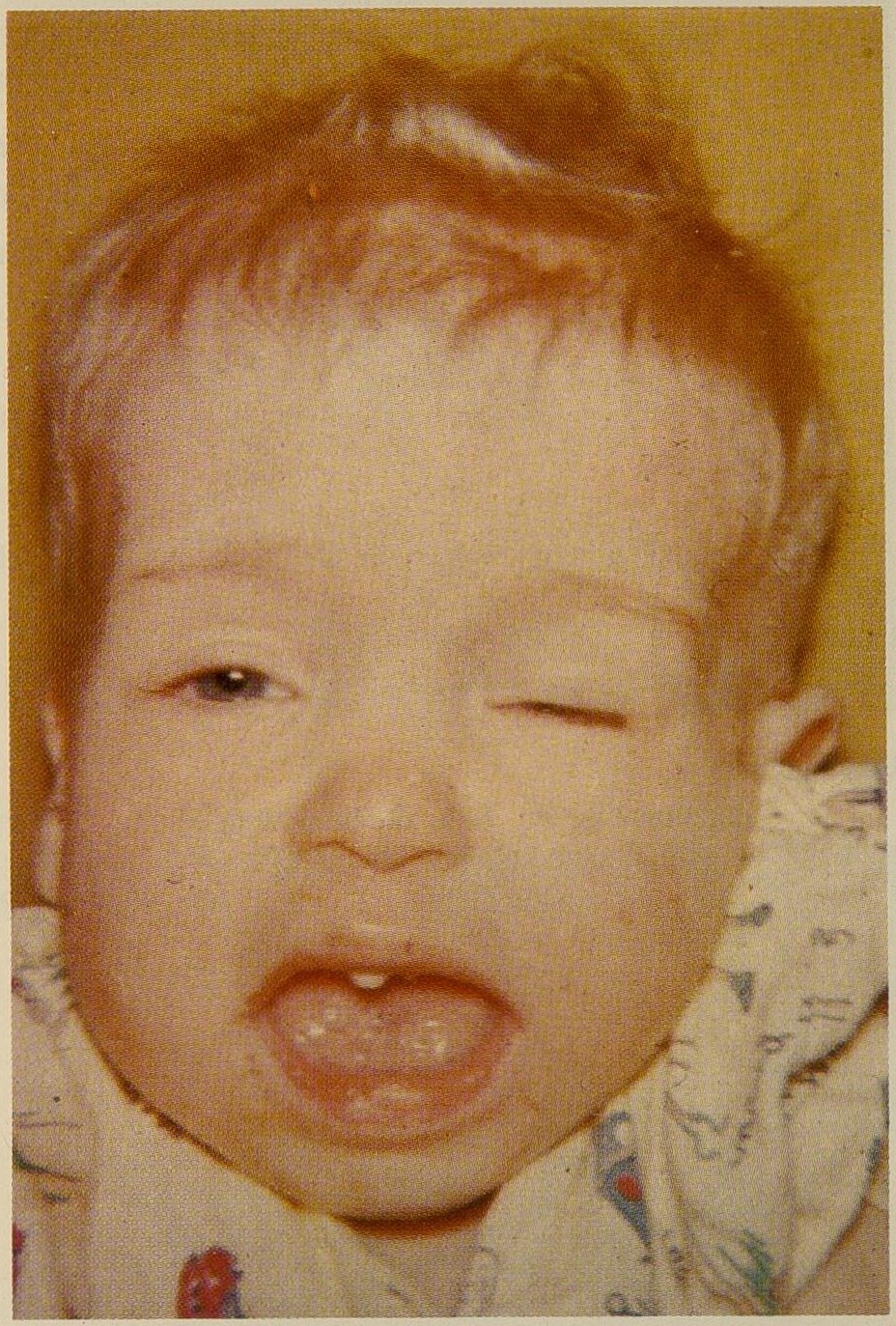Ring chromosome 18
Editor-In-Chief: Prab R Tumpati, MD
Obesity, Sleep & Internal medicine
Founder, WikiMD Wellnesspedia &
W8MD medical weight loss NYC and sleep center NYC
| Ring chromosome 18 | |
|---|---|

| |
| Synonyms | N/A |
| Pronounce | N/A |
| Specialty | N/A |
| Symptoms | Developmental delay, intellectual disability, growth retardation, congenital anomalies |
| Complications | |
| Onset | Congenital |
| Duration | Lifelong |
| Types | |
| Causes | Chromosomal abnormality |
| Risks | |
| Diagnosis | Karyotype analysis |
| Differential diagnosis | Other chromosomal disorders |
| Prevention | |
| Treatment | Supportive care, symptomatic treatment |
| Medication | |
| Prognosis | Variable, depending on the severity of symptoms |
| Frequency | Rare |
| Deaths | |
Ring Chromosome 18 is a rare human chromosomal abnormality where the 18th chromosome forms a ring-like structure instead of its usual linear shape. This condition is characterized by developmental delay, intellectual disability, and physical abnormalities.
Symptoms and Signs[edit | edit source]
People with Ring Chromosome 18 often exhibit a variety of symptoms and signs. These can include growth retardation, microcephaly (small head size), hypotonia (low muscle tone), and facial dysmorphism (abnormal facial features). Other possible symptoms include heart defects, hearing loss, and vision problems.
Causes[edit | edit source]
Ring Chromosome 18 is caused by a structural abnormality in the 18th chromosome. This can occur when a break happens at both ends of the chromosome, and the broken ends join together to form a ring. The exact reason why this happens is not fully understood, but it is believed to occur randomly during the formation of reproductive cells or in early fetal development.
Diagnosis[edit | edit source]
Diagnosis of Ring Chromosome 18 is typically made through genetic testing, which can identify the ring structure in the 18th chromosome. This can be done through a variety of methods, including karyotyping, fluorescence in situ hybridization (FISH), and comparative genomic hybridization (CGH).
Treatment[edit | edit source]
There is currently no cure for Ring Chromosome 18. Treatment is symptomatic and supportive, focusing on managing the individual symptoms and improving the quality of life for those affected. This can include physical therapy, speech therapy, and occupational therapy, as well as medical management of any associated health problems.
See Also[edit | edit source]
References[edit | edit source]
Search WikiMD
Ad.Tired of being Overweight? Try W8MD's physician weight loss program.
Semaglutide (Ozempic / Wegovy and Tirzepatide (Mounjaro / Zepbound) available.
Advertise on WikiMD
|
WikiMD's Wellness Encyclopedia |
| Let Food Be Thy Medicine Medicine Thy Food - Hippocrates |
Translate this page: - East Asian
中文,
日本,
한국어,
South Asian
हिन्दी,
தமிழ்,
తెలుగు,
Urdu,
ಕನ್ನಡ,
Southeast Asian
Indonesian,
Vietnamese,
Thai,
မြန်မာဘာသာ,
বাংলা
European
español,
Deutsch,
français,
Greek,
português do Brasil,
polski,
română,
русский,
Nederlands,
norsk,
svenska,
suomi,
Italian
Middle Eastern & African
عربى,
Turkish,
Persian,
Hebrew,
Afrikaans,
isiZulu,
Kiswahili,
Other
Bulgarian,
Hungarian,
Czech,
Swedish,
മലയാളം,
मराठी,
ਪੰਜਾਬੀ,
ગુજરાતી,
Portuguese,
Ukrainian
Medical Disclaimer: WikiMD is not a substitute for professional medical advice. The information on WikiMD is provided as an information resource only, may be incorrect, outdated or misleading, and is not to be used or relied on for any diagnostic or treatment purposes. Please consult your health care provider before making any healthcare decisions or for guidance about a specific medical condition. WikiMD expressly disclaims responsibility, and shall have no liability, for any damages, loss, injury, or liability whatsoever suffered as a result of your reliance on the information contained in this site. By visiting this site you agree to the foregoing terms and conditions, which may from time to time be changed or supplemented by WikiMD. If you do not agree to the foregoing terms and conditions, you should not enter or use this site. See full disclaimer.
Credits:Most images are courtesy of Wikimedia commons, and templates, categories Wikipedia, licensed under CC BY SA or similar.
Contributors: Prab R. Tumpati, MD




